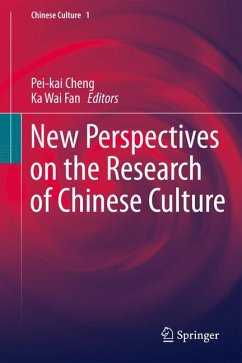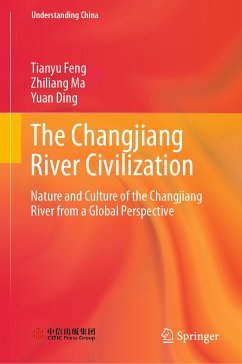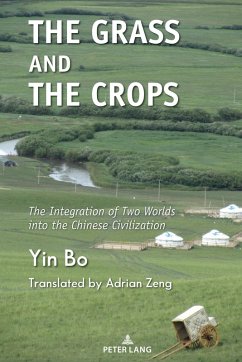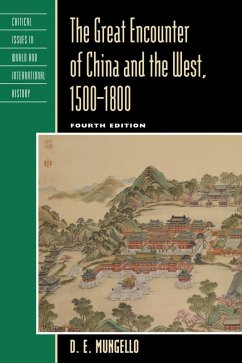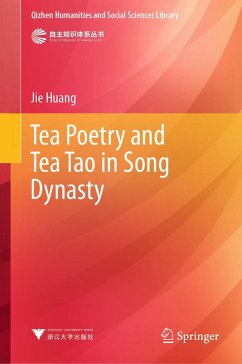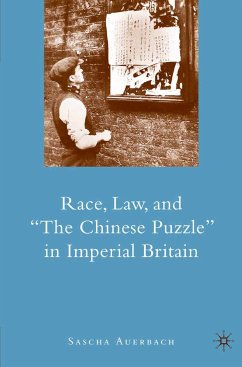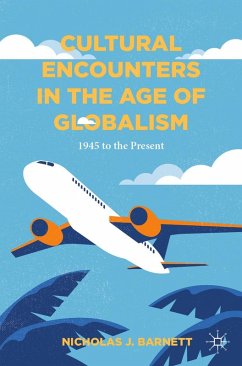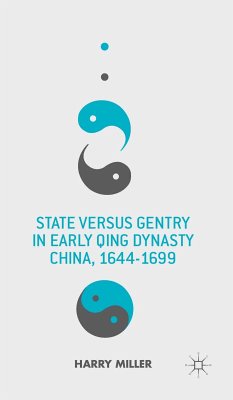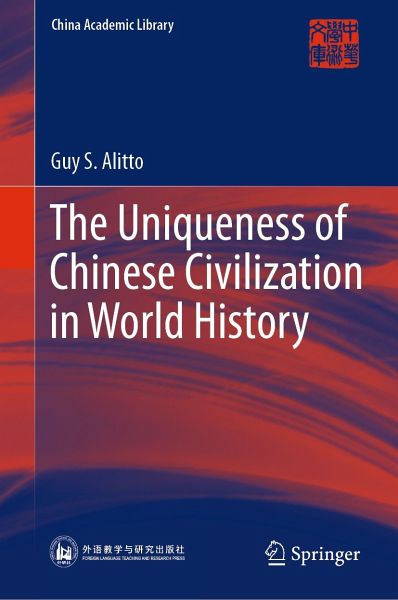
The Uniqueness of Chinese Civilization in World History (eBook, PDF)
Versandkostenfrei!
Sofort per Download lieferbar
104,95 €
inkl. MwSt.
Weitere Ausgaben:

PAYBACK Punkte
52 °P sammeln!
The book is a meticulous work in answering these questions which often occur to foreigners as well as modern Chinese themselves at the thought of the old China and its experience in modern times: What is Chinese civilization? How could it exist for several millennia and spread that far? Is there anything inherent in this civilization?From the standpoint of an "outsider" to this civilization, the author incorporates various elements, such as geographic factors, language, thoughts, with the recurrent themes along the two thousand years and changes throughout, rather than simply following a linea...
The book is a meticulous work in answering these questions which often occur to foreigners as well as modern Chinese themselves at the thought of the old China and its experience in modern times: What is Chinese civilization? How could it exist for several millennia and spread that far? Is there anything inherent in this civilization?
From the standpoint of an "outsider" to this civilization, the author incorporates various elements, such as geographic factors, language, thoughts, with the recurrent themes along the two thousand years and changes throughout, rather than simply following a lineal progression. His historiographical approach, the methodology of eclectic common sense, as he termed it, is a new try in this field and will present a brand new perspective for both readers and researchers in that field.
Dieser Download kann aus rechtlichen Gründen nur mit Rechnungsadresse in A, B, BG, CY, CZ, D, DK, EW, E, FIN, F, GR, HR, H, IRL, I, LT, L, LR, M, NL, PL, P, R, S, SLO, SK ausgeliefert werden.



